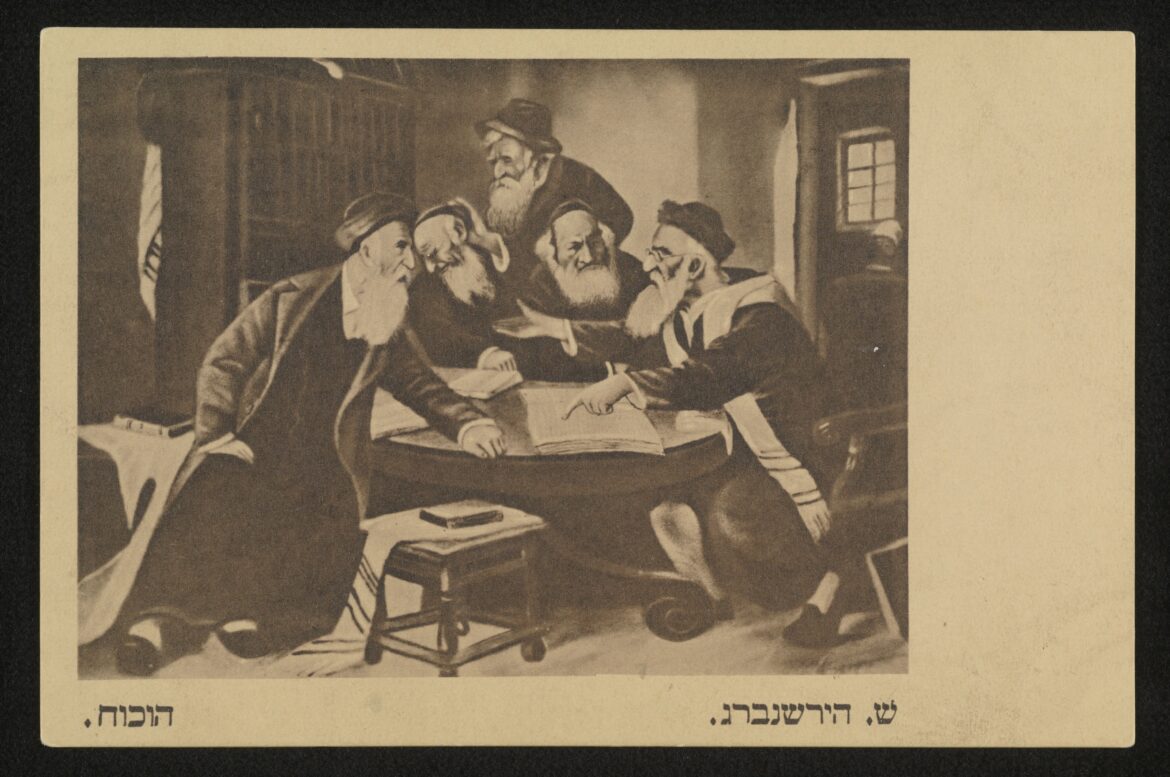Called the Promised Land or the Polish Manchester in the second half of the 19th century, Łódź was generally considered to be a city that did not fulfil the cultural functions of urban life. Even in the 1880s, in the “Lodzer Zeitung” one could read that the inhabitants of the city focus only on the success of their businesses and that no socio-cultural life takes place in Łódź.
However, this opinion was somewhat unfair. Of course, the rhythm of life in Łódź was regulated by the factories’ whistles, but bookstores were established in the city, which at that time also served as reading rooms, libraries, printing houses, and a theater. With time, the rich bourgeoisie of Lodz, i.e. mainly Jewish and German families, began to run social salons, which also had a culture-creating function.
The Jewish population played a vital role in the cultural development of Łódź. The owner of the first bookstore in Lodz, established in 1848, when the city had already 15,000 inhabitants, was Jankiel Gutsztadt from Płock. Until 1914, there were a total of 54 bookstores run by Jews in Łódź. They sold and provided books in Polish, German, Russian, Yiddish and Hebrew.
The history of the Łódź theater is a bit different. The inhabitants of German origin made the greatest contribution to its development. The first permanent German stage was established as early as 1867, the Polish theater started operating in 1888, while the Jewish theater was active only at the beginning of the 20th century. Nevertheless, performances with Jewish actors took place as early as the 1860s. Moreover, in Łódź it was customary to move the performances to 9 p.m. so that they could also be watched by the Jewish bourgeoisie, who was considered to be passionate about acting and who finished their work late. In addition to plays on various topics, the theaters, for example, the theater belonging to Fryderyk Sellin, organized concerts. The ensembles performed synagogue songs as well as Haydn, Haendel and other works that today are classified as classical music.
At the end of the 19th century, Jewish painters and sculptors began to perform in Łódź, including the most famous of all – Samuel Hirszenberg (1865-1908). He developed his talent thanks to the patronage of doctor Maksymilan Kohn and some of the richest factory owners in Łódź – the Poznańskis and the Silbersteins.





